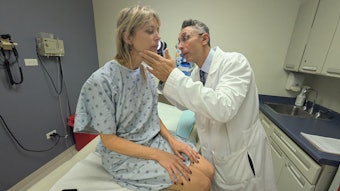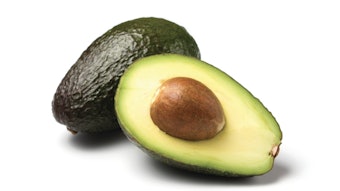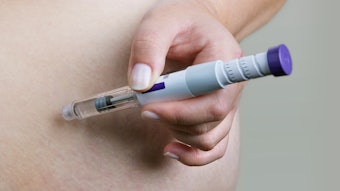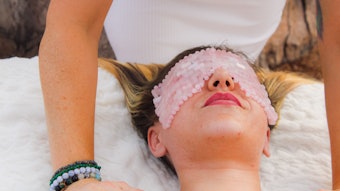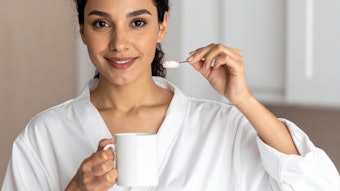
With wellness becoming increasingly mainstream, it can be difficult to decipher the conversation surrounding clean beauty, holistic wellness and hormones.
Our team was fortunate enough to get insight from functional dietician and founder of InnerHealthWellness, Sahar Berjis.
Skin Inc. (SI): Can you speak to the state of our knowledge and approach to hormones in the past few years?
Sahar Berjis (SB): Our understanding of hormones has expanded dramatically. In the past, discussions about hormones were mostly limited to reproduction. Today, we know they influence mood, energy, digestion, skin and immunity. We’ve shifted from “fixing symptoms” to seeing hormones as part of an interconnected system influenced by gut health, stress, sleep and environment.
SI: What is the relationship between hormones and wellness? How much power does the average consumer/client have in maximizing their approach to wellness as far as hormones are concerned?
SB: Hormones are like conductors in the body’s orchestra—when balanced, everything runs smoothly. Consumers have more influence than ever through lifestyle: supporting gut health, reducing toxins, managing stress and prioritizing restorative sleep. Simple steps like adding natural probiotics from fermented foods or herbs like maca and shatavari can support hormonal balance. Bitters (from foods like dandelion, arugula or supplements) also help stimulate digestion and natural detox pathways, creating a foundation for hormone health and skin vitality.
SI: Are there treatments/products/ingredients that the average consumer should steer clear of? If so, what are they?
SB: Yes—endocrine disruptors found in plastics (like BPA), pesticides, synthetic fragrances and many ultra-processed foods. Overuse of refined sugar also stresses hormones and the gut. Choosing organic, whole foods and clean skin care is a smart way to minimize exposure.
SI: How has the recent boom in wellness tech affected the way we navigate hormonal health?
SB: Wellness tech has made hormone health more accessible. Wearables and apps can track sleep, blood sugar and stress responses—things that directly affect hormones. While they’re empowering, I remind clients that tech is only one piece of the puzzle. Balance comes from lifestyle, not just data.
SI: Holistic approaches to skin care and wellness have become a larger part of both conversations—do you have tips that estheticians and spa professionals can pass on to their clients? Or else, do you have tips for spa professionals themselves navigating a space that is expanding outside their area of expertise?
SB: Glowing skin really does start from the inside out. Estheticians can remind clients that hydration, antioxidant-rich foods, natural probiotics and collagen support can enhance skin resilience and glow. Bitters also play a role by supporting liver detox and digestion, which directly impact skin clarity. For professionals themselves, I recommend staying in scope but building a network of integrative health providers they can lean on for referrals—this creates a more supportive experience for clients.
SI: Can you speak to the relationship between diet and hormonal health?
SB: Food is one of the most powerful hormone regulators. A balanced plate—with lean protein, healthy fats, fiber, probiotics and colorful vegetables—helps stabilize blood sugar and reduce inflammation. Collagen (whether from bone broth or high-quality supplements) supports skin elasticity, joint health and gut lining integrity—all of which tie back to hormone function and skin glow. Herbs like maca and shatavari are additional allies for hormone support, while bitters keep digestion and detox pathways flowing.
SI: Menopause is finally becoming a larger part of skin care/wellness/health conversations. Do you have specific tips for the spa professional when it comes to treating menopausal/perimenopausal clients?
SB: I’m thrilled menopause is getting the attention it deserves. During this transition, declining estrogen can affect skin hydration, elasticity and sensitivity. Spa professionals can focus on gentle, hydrating treatments and recommend collagen-rich foods or supplements for skin support. Gut-friendly probiotics and fiber help balance estrogen metabolism, while phytoestrogens (like flax or soy) and adaptogens (like shatavari and ashwagandha) may ease symptoms. Supporting detox with bitters can also help with skin clarity and overall balance.
Collaborating with a dietitian or integrative wellness practitioner can help clients navigate this transition holistically, giving spa professionals confidence in offering complementary support while knowing when to refer.
